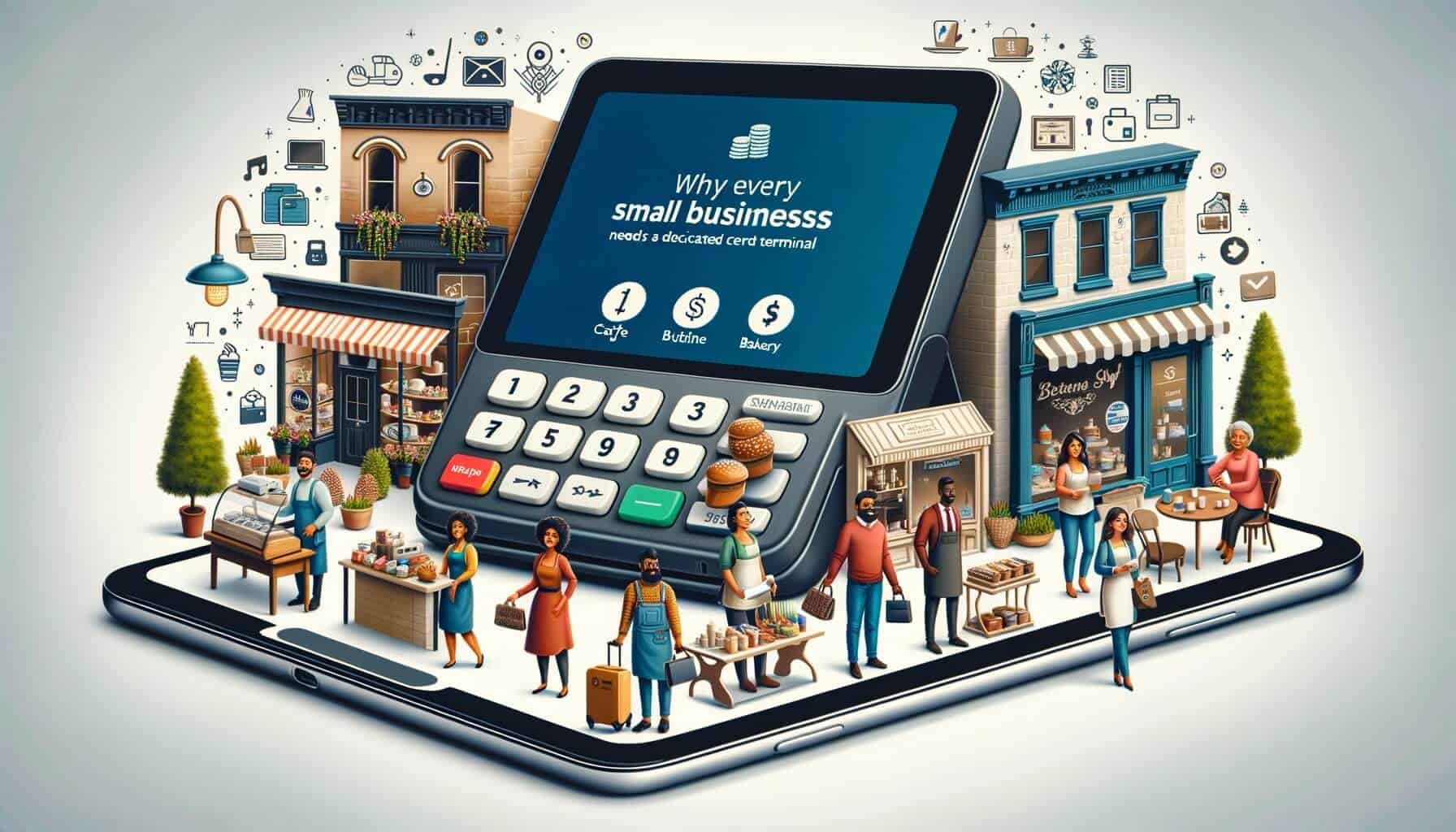
By Amanda Hoglund February 20, 2025
In today’s digital age, accepting credit card payments has become a necessity for small businesses. With the rise of e-commerce and the increasing preference for cashless transactions, having a dedicated credit card terminal is crucial for the success and growth of any small business.
This article will explore the various benefits of having a dedicated credit card terminal, how it streamlines payment processing, enhances customer experience, ensures security and fraud protection, and the different types of terminals available. Additionally, we will discuss the factors to consider when choosing a terminal, setting it up, and integrating it into your small business.
Understanding the Benefits of a Dedicated Credit Card Terminal
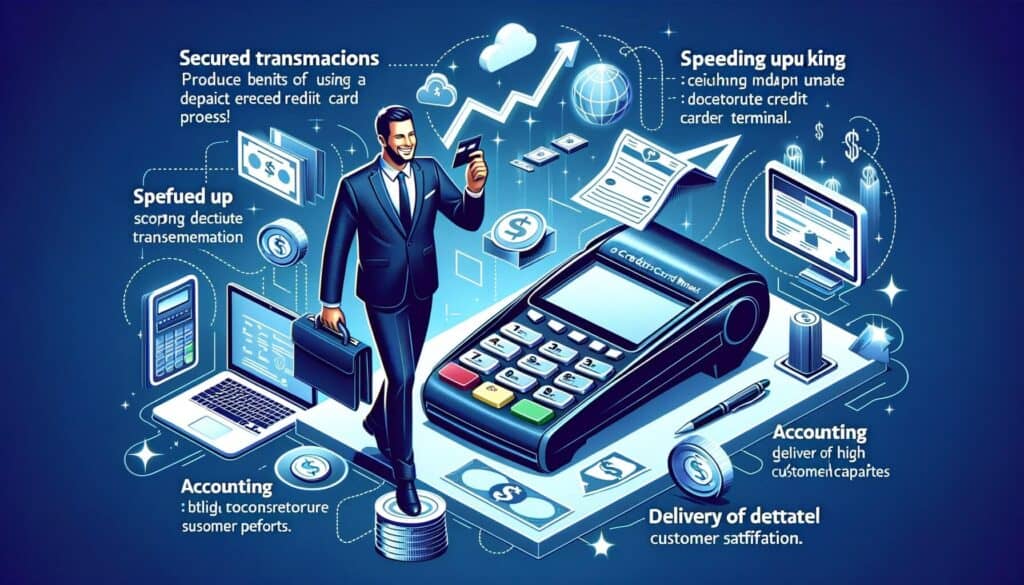
1. Increased Sales Opportunities: By accepting credit card payments, small businesses open themselves up to a larger customer base. According to a study conducted by TSYS, 83% of consumers prefer to pay with a credit or debit card. By offering this payment option, businesses can attract more customers and increase sales.
2. Convenience for Customers: A dedicated credit card terminal provides convenience to customers by allowing them to make purchases without the need for cash. This is especially important in today’s fast-paced society where carrying cash is becoming less common. By offering a convenient payment method, businesses can improve customer satisfaction and loyalty.
3. Faster Payment Processing: With a dedicated credit card terminal, businesses can process payments quickly and efficiently. This eliminates the need for manual calculations and reduces the chances of errors. Faster payment processing also means shorter wait times for customers, leading to a more positive shopping experience.
4. Improved Cash Flow: Accepting credit card payments ensures faster access to funds. Unlike checks, which may take days to clear, credit card transactions are processed electronically, allowing businesses to receive payment within a few days. This improves cash flow and enables businesses to manage their finances more effectively.
5. Increased Security: Credit card terminals offer secure payment processing, protecting both the business and the customer from potential fraud. By using encryption technology and adhering to strict security standards, dedicated credit card terminals provide a safe and secure payment environment.
How a Dedicated Credit Card Terminal Streamlines Payment Processing
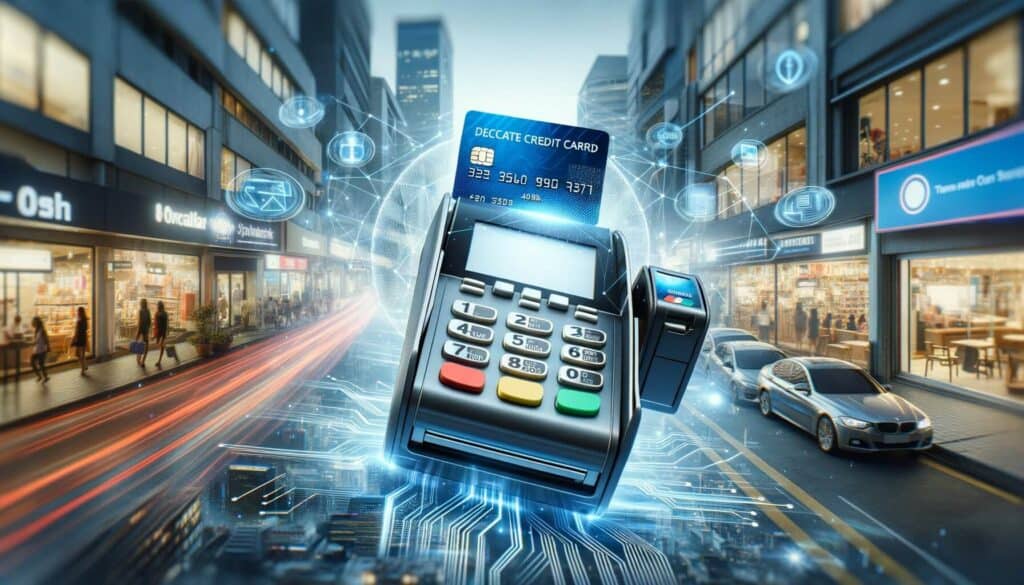
1. Integration with Point of Sale (POS) Systems: Many dedicated credit card terminals can be seamlessly integrated with POS systems, allowing for a streamlined payment process. This integration eliminates the need for manual entry of transaction details, reducing the chances of errors and saving time.
2. Contactless Payment Options: With the advancement of technology, dedicated credit card terminals now support contactless payment options such as Apple Pay and Google Pay. These payment methods allow customers to make payments by simply tapping their mobile devices or credit cards on the terminal, making the payment process even faster and more convenient.
3. Automatic Inventory Management: Some credit card terminals have the capability to automatically update inventory levels when a transaction is processed. This eliminates the need for manual inventory tracking and reduces the chances of overselling or running out of stock.
4. Reporting and Analytics: Dedicated credit card terminals often come with reporting and analytics features that provide valuable insights into sales trends, customer behavior, and inventory management. These insights can help businesses make informed decisions and optimize their operations.
Enhancing Customer Experience with a Dedicated Credit Card Terminal
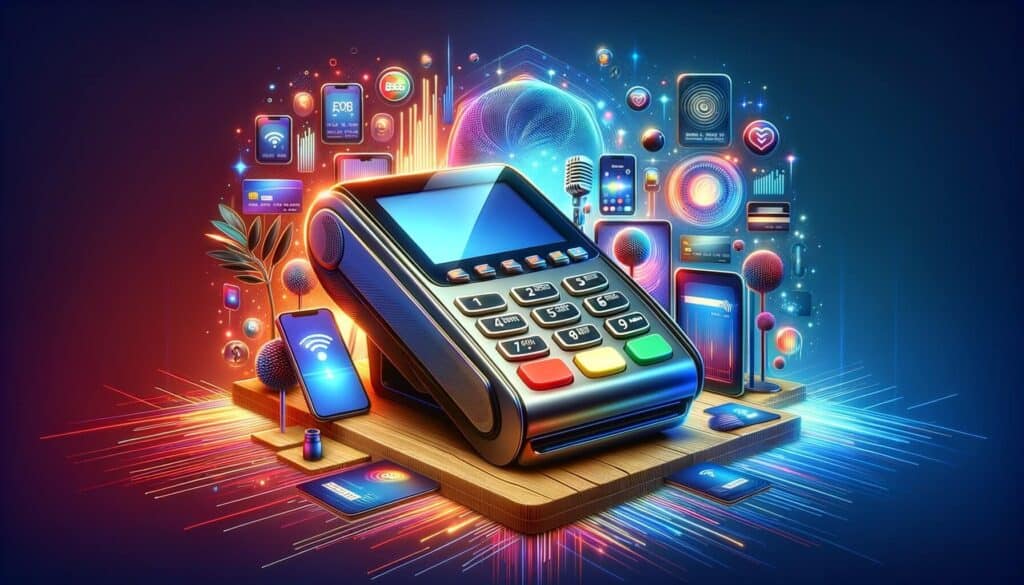
1. Speed and Efficiency: By offering a dedicated credit card terminal, businesses can provide a faster and more efficient checkout experience for customers. This reduces wait times and improves overall customer satisfaction.
2. Multiple Payment Options: A dedicated credit card terminal allows businesses to accept various payment methods, including credit cards, debit cards, and mobile payments. This flexibility gives customers the freedom to choose their preferred payment method, enhancing their overall shopping experience.
3. Professional Image: Having a dedicated credit card terminal gives small businesses a more professional image. It instills trust and confidence in customers, as they perceive businesses that accept credit card payments as more established and reliable.
4. Reduced Human Error: Manual cash handling can lead to errors, such as giving incorrect change or miscounting cash. By using a dedicated credit card terminal, businesses can minimize human error and ensure accurate payment processing.
Ensuring Security and Fraud Protection with a Dedicated Credit Card Terminal
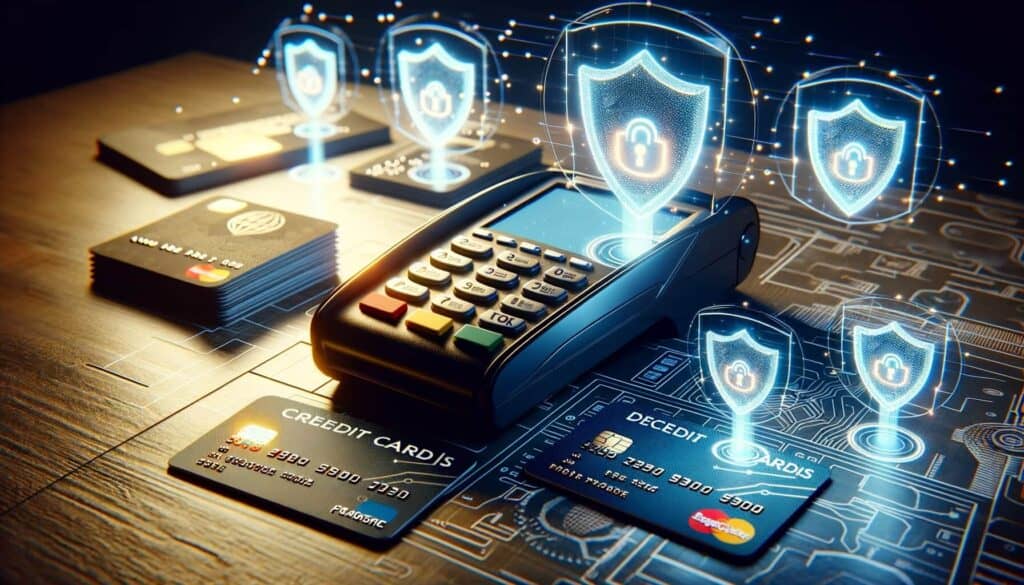
1. Encryption Technology: Dedicated credit card terminals use encryption technology to protect sensitive customer information during the payment process. This ensures that credit card data is securely transmitted and reduces the risk of data breaches.
2. Compliance with Security Standards: Credit card terminals are designed to comply with Payment Card Industry Data Security Standard (PCI DSS) requirements. These standards ensure that businesses handle credit card data securely and protect against fraud.
3. EMV Chip Technology: Many dedicated credit card terminals support EMV chip technology, which provides an additional layer of security. EMV chips generate unique transaction codes for each payment, making it difficult for fraudsters to clone or counterfeit cards.
4. Fraud Detection and Prevention: Dedicated credit card terminals often have built-in fraud detection and prevention features. These features can detect suspicious transactions and alert businesses to potential fraudulent activity, helping to protect both the business and the customer.
Exploring the Different Types of Dedicated Credit Card Terminals
1. Traditional Countertop Terminals: Traditional countertop terminals are the most common type of dedicated credit card terminals. They are typically connected to a phone line or internet connection and are suitable for businesses with a fixed checkout location.
2. Wireless Terminals: Wireless terminals are portable and do not require a physical connection to a phone line or internet. They are ideal for businesses that need to accept payments on the go, such as food trucks or delivery services.
3. Mobile Card Readers: Mobile card readers are small devices that can be attached to a smartphone or tablet, turning them into a credit card terminal. They are convenient for businesses that operate primarily on the go or have limited counter space.
4. Virtual Terminals: Virtual terminals allow businesses to process credit card payments online. They are accessed through a web browser and are suitable for businesses that primarily operate online or over the phone.
Factors to Consider When Choosing a Dedicated Credit Card Terminal
1. Connectivity: Consider the type of connectivity required for your business. Traditional countertop terminals require a phone line or internet connection, while wireless terminals and mobile card readers operate using wireless networks.
2. Payment Options: Ensure that the credit card terminal supports the payment options you want to offer, such as contactless payments or mobile payments.
3. Security Features: Look for credit card terminals that have robust security features, such as encryption technology and compliance with PCI DSS requirements.
4. Cost: Consider the upfront cost of the terminal, as well as any ongoing fees or charges associated with its use. Compare different options to find the most cost-effective solution for your business.
Setting Up and Integrating a Dedicated Credit Card Terminal into Your Small Business
1. Choose a Payment Processor: Before setting up a dedicated credit card terminal, you need to choose a payment processor. Research different payment processors and compare their fees, features, and customer reviews to find the best fit for your business.
2. Purchase or Lease a Terminal: Once you have chosen a payment processor, you can purchase or lease a dedicated credit card terminal from them. Consider your business needs and budget when making this decision.
3. Connect and Configure the Terminal: Follow the instructions provided by the payment processor to connect and configure the terminal. This may involve connecting it to a phone line or internet connection and entering your business information.
4. Train Staff: Ensure that your staff is trained on how to use the credit card terminal properly. This includes processing payments, handling refunds, and troubleshooting any issues that may arise.
Frequently Asked Questions about Dedicated Credit Card Terminals
Q1. Can I accept credit card payments without a dedicated credit card terminal?
A1. Yes, there are alternative options such as mobile payment apps or online payment gateways that allow businesses to accept credit card payments without a dedicated terminal. However, dedicated terminals offer additional benefits such as faster payment processing and enhanced security.
Q2. How long does it take to set up a dedicated credit card terminal?
A2. The setup time for a dedicated credit card terminal can vary depending on the payment processor and the type of terminal. In general, it can take anywhere from a few minutes to a few hours to complete the setup process.
Q3. Are dedicated credit card terminals compatible with all types of credit cards?
A3. Most dedicated credit card terminals are compatible with major credit cards such as Visa, Mastercard, and American Express. However, it is important to check with your payment processor to ensure compatibility with specific card types.
Q4. Can I use a dedicated credit card terminal for online payments?
A4. Dedicated credit card terminals are primarily designed for in-person transactions. For online payments, businesses typically use virtual terminals or online payment gateways.
Q5. What happens if the dedicated credit card terminal malfunctions?
A5. In the event of a terminal malfunction, contact your payment processor for assistance. They will guide you through the troubleshooting process or arrange for a replacement terminal if necessary.
Conclusion
In conclusion, a dedicated credit card terminal is an essential tool for small businesses in today’s cashless society. It offers numerous benefits, including increased sales opportunities, convenience for customers, faster payment processing, improved cash flow, and enhanced security.
By streamlining payment processing, a dedicated credit card terminal can also enhance the customer experience and contribute to a more professional image for the business. When choosing a terminal, factors such as connectivity, payment options, security features, and cost should be considered.
Setting up and integrating a dedicated credit card terminal into a small business involves choosing a payment processor, purchasing or leasing a terminal, connecting and configuring the terminal, and training staff. Overall, a dedicated credit card terminal is a valuable investment that can help small businesses thrive in today’s competitive market.